Mother’s milk tea has been a topic of discussion for many years among nursing mothers. It is believed to increase milk supply and even breast size. However, there is a lack of scientific evidence to support these claims. This article will explore the topic of does mothers milk tea increase breast size and provide information on its usage, efficacy, and possible side effects.
Understanding Mother’s Milk Tea is essential before discussing its effect on breast size. Mother’s Milk Tea is a herbal tea made from a combination of herbs that are believed to increase milk supply in nursing mothers. The tea is made from a combination of herbs such as fenugreek, fennel, and blessed thistle, which are known for their galactagogue properties. These herbs stimulate the production of prolactin, a hormone that is responsible for milk production. While the tea is widely used by nursing mothers, its effect on breast size remains a topic of debate.
Key Takeaways
- Mother’s Milk Tea is a herbal tea made from a combination of herbs that are believed to increase milk supply in nursing mothers.
- The tea is made from a combination of herbs such as fenugreek, fennel, and blessed thistle, which are known for their galactagogue properties.
- There is a lack of scientific evidence to support the claim that Mother’s Milk Tea can increase breast size.
Understanding Mother’s Milk Tea
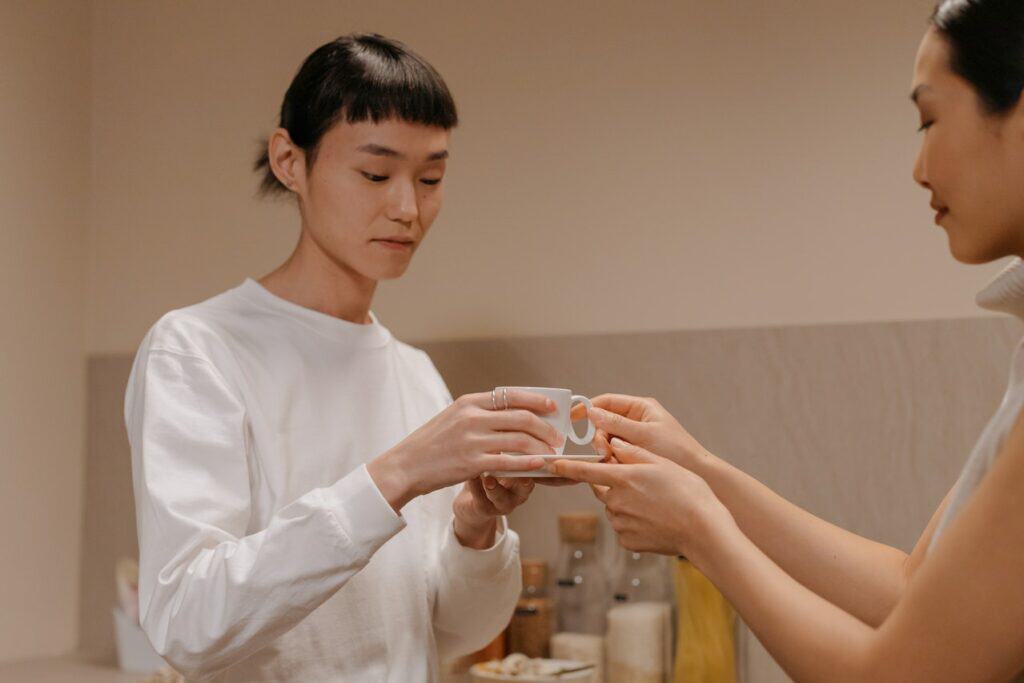
Mother’s Milk Tea is a type of herbal tea that is believed to help increase milk production in lactating mothers. It is made from a blend of herbs that have been traditionally used for centuries to support lactation. One of the most popular brands of Mother’s Milk Tea is Traditional Medicinals.
The ingredients in Mother’s Milk Tea can vary depending on the brand, but they typically include herbs such as fenugreek, fennel, anise, coriander, and blessed thistle. These herbs are believed to have properties that can stimulate milk production and increase the flow of breast milk.
It is important to note that while Mother’s Milk Tea is widely used and believed to be effective, there is limited scientific research to support its claims. Some studies have suggested that certain herbs in the tea, such as fenugreek, may have a positive effect on milk production, but more research is needed to confirm these findings.
Despite the lack of scientific evidence, many mothers continue to use Mother’s Milk Tea to help support their lactation. It is important to talk to a healthcare professional before using any herbal supplements, including Mother’s Milk Tea, to ensure that it is safe for both the mother and baby.
In summary, Mother’s Milk Tea is a type of herbal tea that is believed to help increase milk production in lactating mothers. While there is limited scientific evidence to support its claims, many mothers continue to use it to support their lactation. It is important to talk to a healthcare professional before using any herbal supplements, including Mother’s Milk Tea.
Key Ingredients and Their Roles
Fenugreek and Fennel
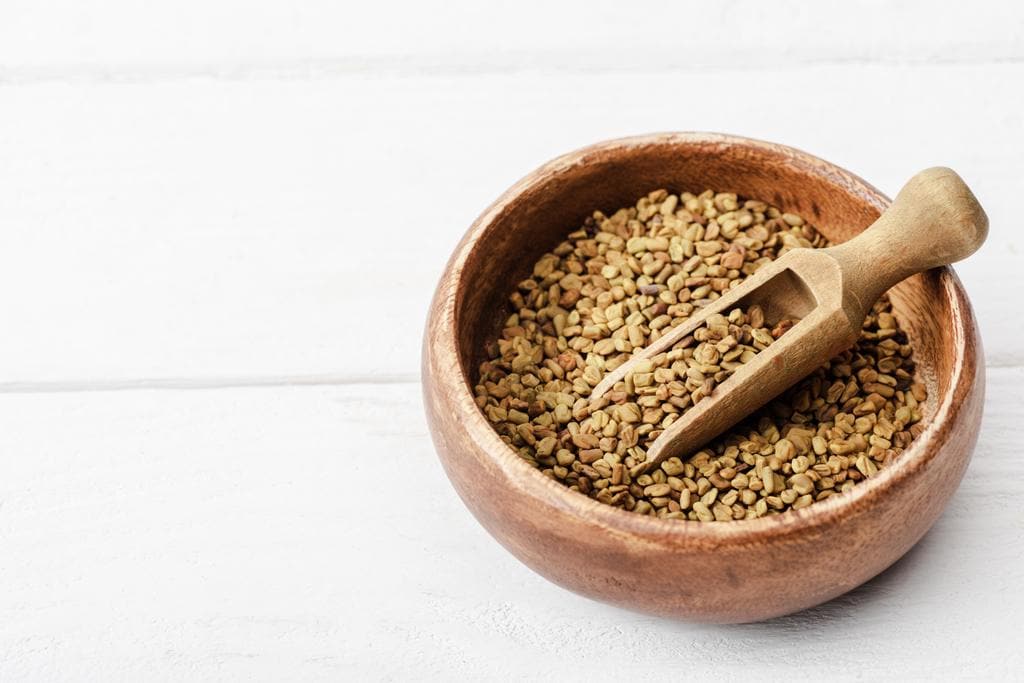
Fenugreek and fennel are two of the main ingredients in mother’s milk tea. Fenugreek seed is known to contain phytoestrogens, which can help stimulate milk production. It is also believed to have anti-inflammatory properties. Bitter fennel fruit, on the other hand, is used to stimulate milk production as well as to aid digestion. It is also believed to have anti-inflammatory and antibacterial properties.
Blessed Thistle and Coriander
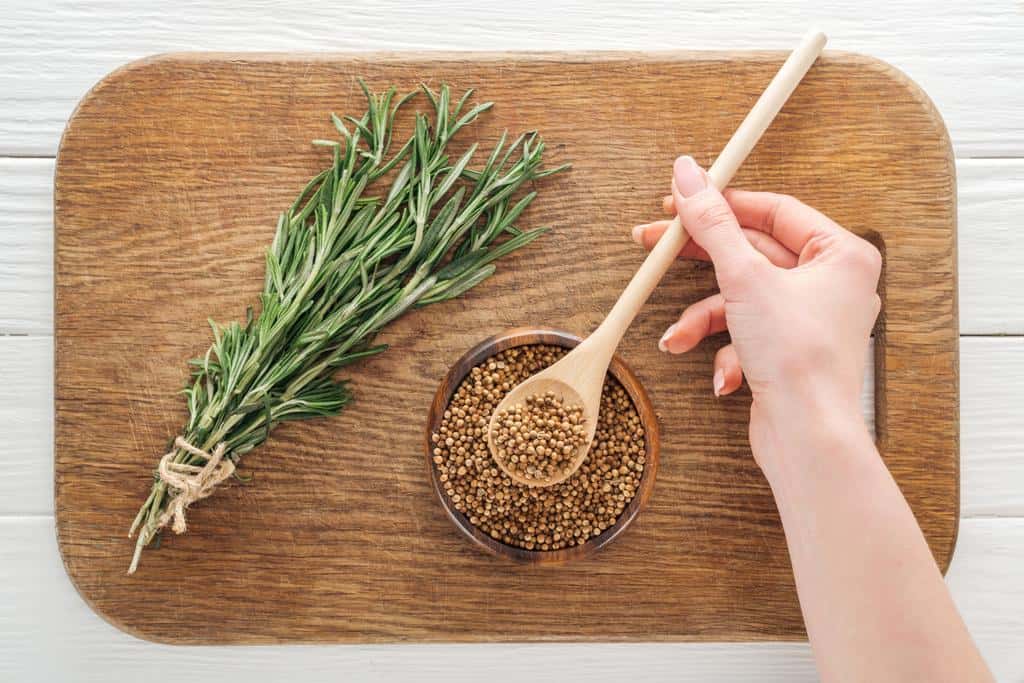
Blessed thistle herb is another key ingredient in mother’s milk tea. It is believed to stimulate milk production and is also used to treat digestive problems. Coriander fruit is also included in the tea, and it is believed to have anti-inflammatory and antibacterial properties. It is also used to stimulate milk production.
Anise and Mint
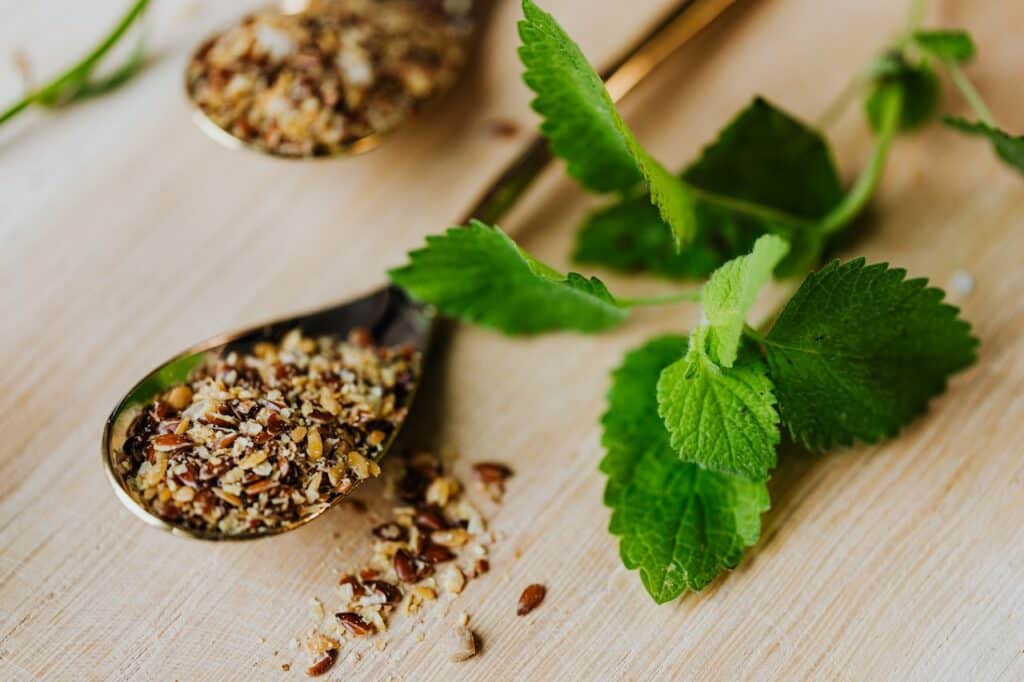
Anise fruit is included in mother’s milk tea because it is believed to stimulate milk production and aid digestion. It is also used to treat coughs and colds. Mint is also included in the tea, and it is believed to have a calming effect on the digestive system. It is also used to treat nausea and vomiting.
Additional Ingredients
Other ingredients that may be included in mother’s milk tea include lemon verbena leaf, nettle leaf, spearmint leaf, West Indian lemongrass leaf, and marshmallow root. Lemon verbena leaf is believed to have a calming effect on the nervous system and is also used to treat digestive problems. Nettle leaf is believed to stimulate milk production and is also used to treat allergies.
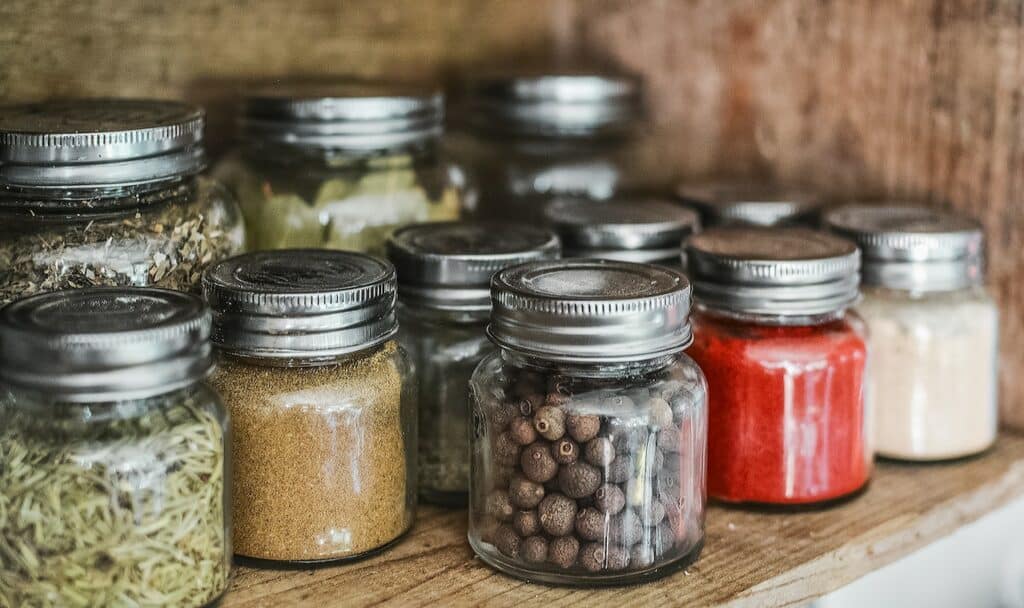
Spearmint leaf is believed to have a calming effect on the digestive system and is also used to treat nausea and vomiting. West Indian lemongrass leaf is believed to have antibacterial and anti-inflammatory properties and is also used to treat digestive problems. Marshmallow root is believed to have anti-inflammatory properties and is also used to treat coughs and colds.
Effect on Breast Size and Milk Supply

Mothers Milk Tea is a galactagogue, which means it is a substance that can increase milk supply in breastfeeding mothers. The tea contains herbs such as fenugreek, fennel, and anise, which are believed to boost milk production by increasing levels of the hormone prolactin.
While there is some anecdotal evidence to suggest that drinking Mothers Milk Tea can increase breast size, there is no scientific evidence to support this claim. Breast size is largely determined by genetics and hormonal factors, and there is no known substance that can significantly increase breast size.
However, there are some studies that suggest that drinking lactation teas, such as Mothers Milk Tea, can increase milk supply in breastfeeding women. One study found that mothers who drank fenugreek tea had a 20% increase in milk production compared to those who did not.
It is important to note that while lactation teas may be helpful for some nursing mothers who are experiencing supply issues, they should not be relied upon as the sole solution. It is also important to speak with a healthcare provider before using any galactagogues, as they may not be safe for everyone.
In summary, while there is no scientific evidence to support the claim that Mothers Milk Tea can increase breast size, it may be helpful for some nursing mothers who are experiencing supply issues. It is important to speak with a healthcare provider before using any galactagogues, and to remember that there is no substitute for frequent nursing or pumping to boost milk production.
Possible Side Effects and Concerns
While Mother’s Milk Tea is generally considered safe to consume, there are some potential side effects and concerns to be aware of.

1. Hormonal Effects
Mother’s Milk Tea contains herbs that are known to have hormonal effects on the body. While this can be beneficial for increasing milk production in breastfeeding mothers, it can also have unintended effects on other hormone-related processes in the body. Pregnant women and women with hormone-sensitive conditions should consult with a doctor before consuming Mother’s Milk Tea.
2. Gastrointestinal Issues
Some people may experience gas, bloating, diarrhea, or heartburn after consuming Mother’s Milk Tea. These symptoms are generally mild and go away on their own, but if they persist or become severe, it’s important to speak with a doctor.
3. Uterine Contractions
Certain herbs in Mother’s Milk Tea, such as fenugreek and blessed thistle, are known to stimulate uterine contractions. While this can be helpful for inducing labor in pregnant women, it can also be dangerous for women who are not pregnant or who are at risk of premature labor. Pregnant women should avoid consuming Mother’s Milk Tea unless under the guidance of a doctor.
4. Interactions with Medications
Mother’s Milk Tea can interact with certain medications, including diabetes medications and blood thinners. It’s important to speak with a doctor before consuming Mother’s Milk Tea if you are taking any medications.
5. Allergic Reactions
Some people may have an allergic reaction to one or more of the herbs in Mother’s Milk Tea. Symptoms of an allergic reaction can include hives, itching, and difficulty breathing. If you experience any of these symptoms after consuming Mother’s Milk Tea, stop using it immediately and seek medical attention.
6. Stress and Drowsiness
Some herbs in Mother’s Milk Tea, such as chamomile and lavender, are known for their calming effects. While this can be helpful for reducing stress and promoting relaxation, it can also cause drowsiness and impair your ability to drive or operate heavy machinery. It’s important to avoid consuming Mother’s Milk Tea if you need to stay alert and focused.
The National Center for Complementary and Integrative Health recommends that pregnant and breastfeeding women, as well as individuals with medical conditions or who are taking medications, speak with a doctor before consuming any herbal supplements, including Mother’s Milk Tea.
Usage and Efficacy

Mother’s Milk Tea is a lactation tea that is marketed as a herbal remedy to increase breast milk production. Some women also claim that it increases breast size. The tea contains a blend of herbs, including fennel, anise, coriander, and fenugreek, which are believed to stimulate milk production.
While there is limited scientific evidence to support the efficacy of Mother’s Milk Tea in increasing breast size, some women have reported an increase in breast size after using the tea. However, it is important to note that breast size can vary due to a variety of factors, including weight gain, hormonal changes, and genetics.
The tea is generally considered safe for consumption, but it is important to consult a healthcare professional before using any lactation supplements, especially if you have a medical condition or are taking medication. Additionally, some women may experience side effects such as gastrointestinal discomfort or an allergic reaction to the herbs in the tea.
Mother’s Milk Tea is available in various forms, including tea bags, powder, and supplements. It is important to choose a product that is non-GMO and USDA certified organic, as this ensures that the product is free from harmful chemicals and pesticides.
In conclusion, while Mother’s Milk Tea may have some benefits for lactating women, there is limited scientific evidence to support its efficacy in increasing breast size. It is important to consult a healthcare provider before using any lactation supplements and to choose a product that is safe and free from harmful chemicals.
Alternatives to Mother’s Milk Tea
While Mother’s Milk Tea is a popular herbal drink for nursing mothers, there are other alternatives that can help with lactation and breast health. Here are some options to consider:
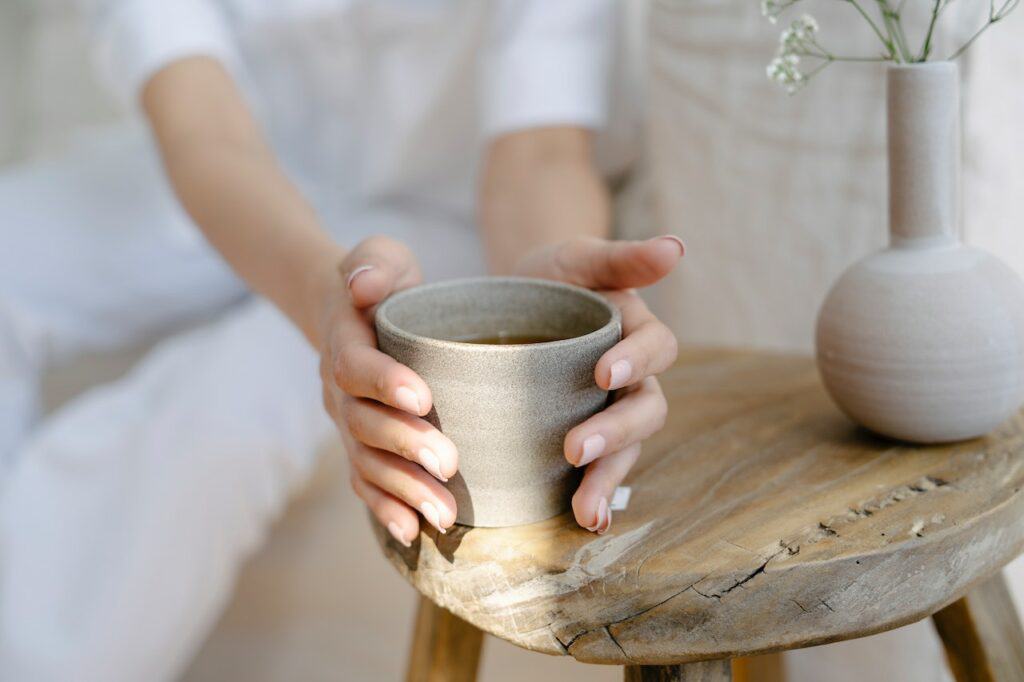
1. Sage
Sage has been used for centuries to reduce milk production in nursing mothers, but it can also be used to increase milk supply in some cases. It contains compounds that stimulate the production of prolactin, the hormone responsible for milk production. However, sage should be used with caution, as excessive consumption can lead to a decrease in milk supply.
2. Iron
Iron is an essential mineral for lactating mothers, as it helps to produce hemoglobin, a protein that carries oxygen in the blood. Iron deficiency can lead to a decrease in milk supply, so it’s important to consume foods rich in iron, such as lean meat, poultry, fish, beans, and leafy green vegetables.
3. Milk Dust
Milk dust is a powdered supplement that contains a blend of herbs and nutrients that can help with lactation. It typically contains fenugreek, fennel, and blessed thistle, which are all known to increase milk supply. Milk dust can be added to smoothies, oatmeal, or other foods to help boost milk production.
4. Milk Thistle
Milk thistle is an herb that has been used for centuries to promote liver health and detoxification. It also has estrogen-like properties that can help with milk production. Milk thistle can be taken in supplement form or consumed as a tea.
5. Nutritious Diet
Eating a nutritious diet is essential for lactating mothers, as it provides the nutrients needed to produce milk. A diet rich in fruits, vegetables, whole grains, lean protein, and healthy fats can help support milk production and overall health.
6. Exercise
Regular exercise can help improve circulation and promote the production of milk. Gentle exercises such as walking, yoga, and swimming are recommended for nursing mothers.
7. Smoking
Smoking can decrease milk supply and may also affect the quality of breast milk. It’s important for nursing mothers to avoid smoking and exposure to secondhand smoke.
8. Licorice Flavor
Licorice has been used for centuries to promote breast health and lactation. However, excessive consumption of licorice can lead to a decrease in milk supply and other health issues. Licorice flavor can be added to teas or other foods in moderation.
Overall, there are many alternatives to Mother’s Milk Tea that can help with lactation and breast health. It’s important to consult with a healthcare provider before using any herbal supplements or making significant changes to your diet or exercise routine.
Where to Buy Mother’s Milk Tea
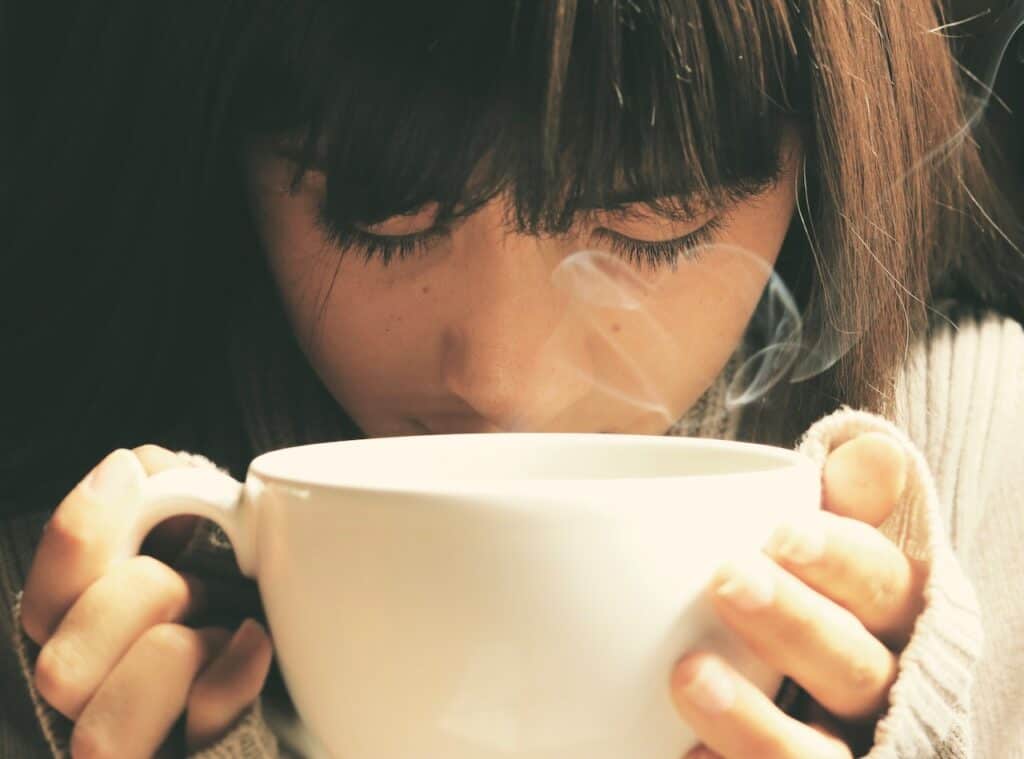
Mother’s Milk Tea is a popular herbal tea that is believed to increase breast milk production in lactating mothers. While there is no scientific evidence to support the claim that it can increase breast size, many women still opt to try it out. If you are interested in trying Mother’s Milk Tea, here is where you can buy it.
Grocery Stores
Mother’s Milk Tea is widely available in grocery stores, both online and in-store. Some of the popular grocery stores that stock this herbal tea include:
- Whole Foods
- Target
- Walmart
- Safeway
- Kroger
When buying Mother’s Milk Tea from a grocery store, it is important to check the label for any potential allergens or side effects. It is also recommended to opt for organic and caffeine-free options, especially if you are breastfeeding.
Caffeine-Free Options
Mother’s Milk Tea typically contains herbs such as fenugreek, fennel, and anise, which are believed to increase breast milk production. However, some women may be sensitive to caffeine or prefer to avoid it altogether.
Fortunately, there are many caffeine-free options available on the market. Some popular brands that offer caffeine-free Mother’s Milk Tea include:
- Traditional Medicinals
- Earth Mama Organics
- Yogi Tea
- Pink Stork
When buying caffeine-free Mother’s Milk Tea, it is important to ensure that the tea is still effective in promoting lactation. Look for teas that contain the same herbal ingredients as regular Mother’s Milk Tea, but without the added caffeine.
Overall, Mother’s Milk Tea can be found in a variety of locations, including grocery stores and online retailers. When purchasing this herbal tea, it is important to read the label and opt for organic and caffeine-free options if necessary.
Related Posts:
Frequently Asked Questions
Does drinking lactation tea increase milk production?
Mother’s milk tea is often used to increase milk production in breastfeeding mothers. The tea contains herbs such as fenugreek, fennel, and blessed thistle, which are believed to help stimulate milk production. However, there is limited scientific evidence to support this claim.
Are there any benefits to drinking mother’s milk tea if you’re not pregnant?
While mother’s milk tea is marketed towards pregnant and breastfeeding women, there may be potential benefits for non-pregnant individuals as well. Some of the herbs in the tea, such as fennel and fenugreek, have been traditionally used to aid digestion and alleviate menstrual cramps.
When is the best time to start drinking mother’s milk tea?
For pregnant women, it is recommended to wait until the third trimester to begin drinking mother’s milk tea. For breastfeeding mothers, it can be started as soon as milk production begins.
What are the ingredients in mother’s milk tea?
The ingredients in mother’s milk tea may vary depending on the brand, but commonly include fenugreek, fennel, blessed thistle, nettle, and milk thistle.
Is it safe to drink mother’s milk tea while pregnant?
Mother’s milk tea is generally considered safe for pregnant women to drink in moderation. However, it is always recommended to consult with a healthcare provider before consuming any herbal teas during pregnancy.
Can mother’s milk tea help induce labor?
While some of the herbs in mother’s milk tea, such as fenugreek and fennel, have been traditionally used to stimulate contractions, there is no scientific evidence to support the claim that mother’s milk tea can help induce labor. It is important to consult with a healthcare provider before consuming any herbal teas during pregnancy.

Iesha is a loving mother of 2 beautiful children. She’s an active parent who enjoys indoor and outdoor adventures with her family. Her mission is to share practical and realistic parenting advice to help the parenting community becoming stronger.
